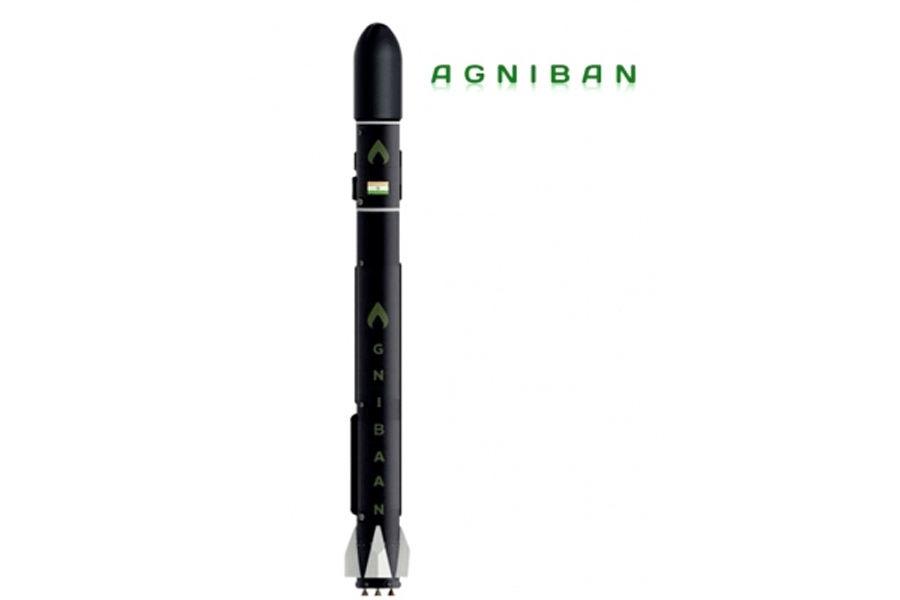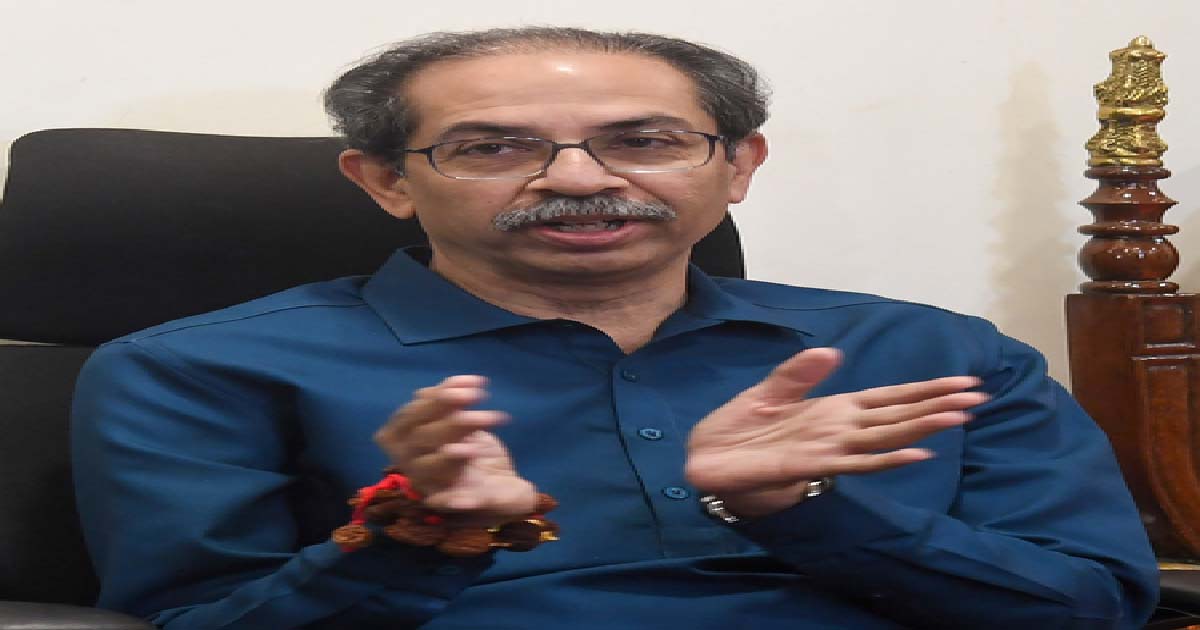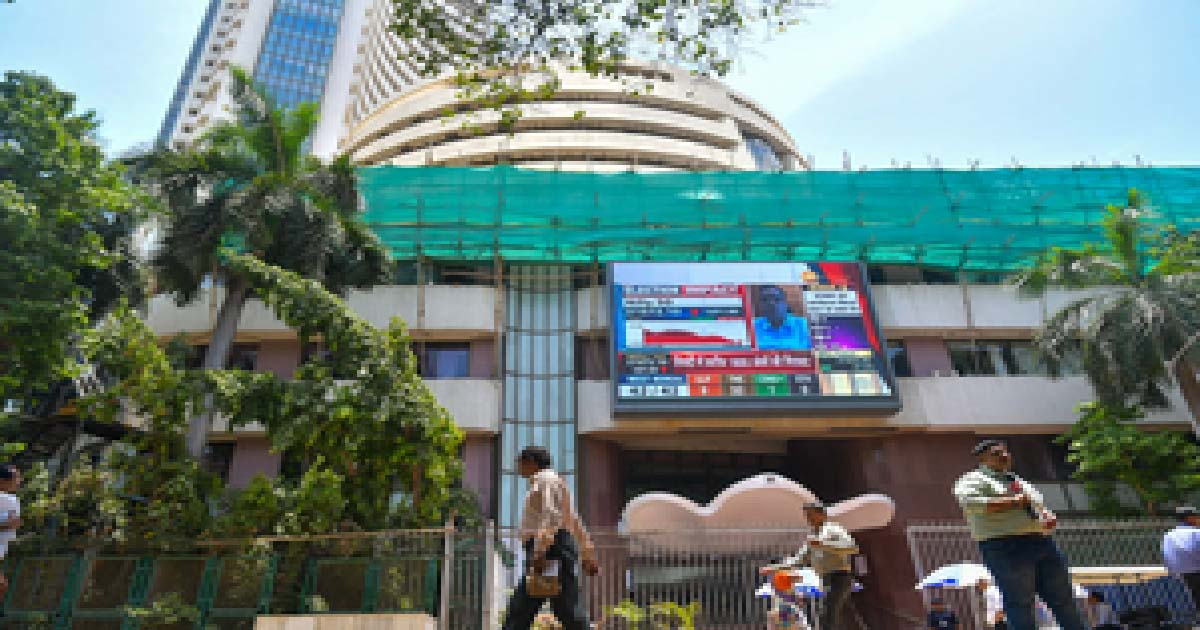National News
Agnikul to launch Agnibaan rocket before 2022

Private sector rocket maker Agnikul Cosmos is pushing itself hard to have its first test launch before the end of 2022, said a top official.
“We are planning to test launch our rocket Agnibaan before 2022 end. Our plan is to launch the rocket from a mobile launch pad. The test launch will happen from India’s rocket port Sriharikota belonging to Indian Space Research Organisation (ISRO), Srinath Ravichandran, Co-founder and CEO, Agnikul Cosmos told IANS.
Queried about the payload to be carried, Ravichandran said it will be a dummy payload.
Agnibaan is a two stage rocket with 100 kg payload capacity to orbits around 700 km high (low Earth orbits) and enables plug-and-play configuration.
The company recently opened its first 3D printed rocket engine factory located at the IIT Madras Research Park.
The factory has been designed keeping in mind the ability to produce two rocket engines per week for its rocket Agnibaan.
When queried about plans to have the test launch sometime next month S.R. Chakravarthy, Professor and Head, National Centre for Combustion Research and Development, IIT Madras and Advisor to Agnikul told IANS: “We have been working towards it all the while but nothing is fixed yet.”
According to Ravichandran, the plan is to have the test launch before the end of 2022.
He also said the ISRO is rendering great help to Agnikul.
The Agnikul and ISRO have signed a Memorandum of Understanding (MoU) last year, enabling access to the former to ISRO facilities and expertise towards the development and testing of subsystems/systems of Space Launch Vehicles.
National News
Infrastructure claims are ‘empty words and colourful balloons’: Shiv Sena (UBT) in Saamana

Mumbai, Nov 29: Shiv Sena (UBT) on Saturday accused the MahaYuti government led by Chief Minister Devendra Fadnavis of making grand claims about infrastructure while ignoring the collapsing healthcare and basic facilities in remote tribal regions.
In its editorial, Saamana, the Shiv Sena (UBT) said the government’s talk of development amounted to nothing more than “empty words” and “colourful balloons” when people living barely a few hours from Mumbai continue to suffer due to poor roads, inadequate health services, and unreliable ambulance systems.
The Thackeray camp urged the Chief Minister to prioritize the basic needs of the poor and remote tribal populations — namely decent roads, health facilities, and reliable ambulance services — before focusing on ambitious projects like the Metro network, highways, and tunnel roads.
The sharp criticism followed the incident in Mokhada in tribal dominated Palghar district, where an ambulance driver dropped off a tribal woman and her newborn baby halfway home after delivery, forcing them and her relatives to walk two km.
According to the editorial, this event, which came to light only because a citizen posted it on social media, exposed the gap between the government’s “vision of development” and the ground reality. It said that despite seven decades of independence, areas like Wada-Mokhada and other tribal parts of the state lack the basic necessities.
“There are no proper roads or adequate transportation facilities (daldalvanachi soy). Even if a Primary Health Center (PHC) exists, it often lacks doctors, staff, or medicines. Due to a lack of roads, pregnant women and sick people have to be carried in slings (zoli) or palanquins (doli) to the nearest town for treatment, which frequently leads to deliveries or deaths during the journey. Even when ambulances are available, they are often useless due to a lack of roads or a lack of drivers,” said the editorial.
“In Mumbai, which the Chief Minister talks about transforming, Mokhada is just a stone’s throw away. If the ambulance driver had been so callously negligent with a laboring tribal woman, what use is your development vision and your transformation?” asked Thackeray camp.
“The MahaYuti partners talk big about development. They boast about building so many lakh km of roads and so many bridges. They float colorful balloons in the air, detailing how they created a network of roads, how they sped up transportation by expanding highways, how they wove the metro rail network, and how they built large hospitals. The incident in Mokhada revealed how baseless these talks and balloons are,” claimed Uddhav Thackeray led Shiv Sena.
The editorial serves as a reminder that while metro networks and expressways may define modern development, the true measure of governance lies in reaching the most marginalised communities with essential services like healthcare, roads, and emergency response systems.
Crime
Mumbai Fraud: Khar Police Book Director For Cheating Actress Of ₹71.50 Lakh In Film Investment Deal

Mumbai, Nov 28: The Khar Police have registered an FIR against director, producer and writer Kaval Sharma for allegedly cheating actress Kiran Ahuja of Rs 71.50 lakh under the pretext of investing in movies and web series.
According to the FIR, Ahuja, 57, who resides in Khar West, has worked in the film Ready as well as various advertisements. In 2016, she was introduced to Sharma, 69, from Juhu through a friend.
The actress said that he told her he ran a company, Film Farming Entertainment Network India, based in Andheri and even offered her a role in a play, but she declined.
Seven years later, both of them met at an event and Sharma again proposed to work together, while offering her good returns upon an investment of Rs 3 lakh in a play, said the FIR, adding that Ahuja declined again.
In August 2024, Sharma allegedly contacted her and claimed that his production house was planning to produce a web series Luck by Exchange and a film. He apparently told the actress that if she invested Rs 60–70 lakh, she would earn Rs 1 crore. Ahuja said that she accepted the offer this time as Sharma was ready to accept money in instalments.
Business
Nifty, Sensex rally for 2nd week over strong Q2 earnings, domestic inflows

Mumbai, Nov 29: The Indian equity benchmarks made marginal gains for the third consecutive week, supported by positive global cues, robust domestic inflows and strong Q2 earnings.
Benchmark indices Nifty and Sensex edged higher 0.34 and 0.52 per cent this week to close at 26,202 and 85,706, respectively.
Analysts said that global cues remained supportive, aided by softer US yields, renewed expectations of a Fed rate cut, and benign crude prices that helped temper inflation concerns.
Broader indices underperformed, with the Nifty Midcap100 and Smallcap100 ending the week down 0.11 per cent and 0.10 per cent respectively.
Gains during the week were led by pharma, PSU banks, media, and IT, while realty, consumer durables, and oil & gas lagged behind.
Indian equities navigated a highly eventful week characterised by alternating phases of volatility, resilience and profit booking, finally closing the week on a positive note.
Nifty reached an intra-day low of 25,842 before bouncing back and making a high of 26,310 on the last day of trading week.
Bharat K Gala, President, Technical Head, Ventura, said that key corrective zones traders should watch out for is the support zone at 25,851–25,566. A breach of this level can take the index to 25,337 and further to 25,107–24,780 zone.
Domestically, the stronger-than-expected Q2 GDP print, driven by resilient manufacturing, solid construction activity, and healthy private consumption, is set to support sentiment in the near term, market watchers said.
With robust GDP momentum and improving credit growth providing a solid backdrop for earnings acceleration in H2, the medium-term outlook remains positive, they added.
Investors look for cues next week from a critical lineup of macro data, including India and US PMI releases, US core PCE inflation and the RBI’s policy decision.
-

 Crime3 years ago
Crime3 years agoClass 10 student jumps to death in Jaipur
-

 Maharashtra1 year ago
Maharashtra1 year agoMumbai Local Train Update: Central Railway’s New Timetable Comes Into Effect; Check Full List Of Revised Timings & Stations
-

 Maharashtra1 year ago
Maharashtra1 year agoMumbai To Go Toll-Free Tonight! Maharashtra Govt Announces Complete Toll Waiver For Light Motor Vehicles At All 5 Entry Points Of City
-

 Maharashtra1 year ago
Maharashtra1 year agoFalse photo of Imtiaz Jaleel’s rally, exposing the fooling conspiracy
-

 National News1 year ago
National News1 year agoMinistry of Railways rolls out Special Drive 4.0 with focus on digitisation, cleanliness, inclusiveness and grievance redressal
-

 Maharashtra1 year ago
Maharashtra1 year agoMaharashtra Elections 2024: Mumbai Metro & BEST Services Extended Till Midnight On Voting Day
-

 National News1 year ago
National News1 year agoJ&K: 4 Jawans Killed, 28 Injured After Bus Carrying BSF Personnel For Poll Duty Falls Into Gorge In Budgam; Terrifying Visuals Surface
-

 Crime1 year ago
Crime1 year agoBaba Siddique Murder: Mumbai Police Unable To Get Lawrence Bishnoi Custody Due To Home Ministry Order, Says Report












